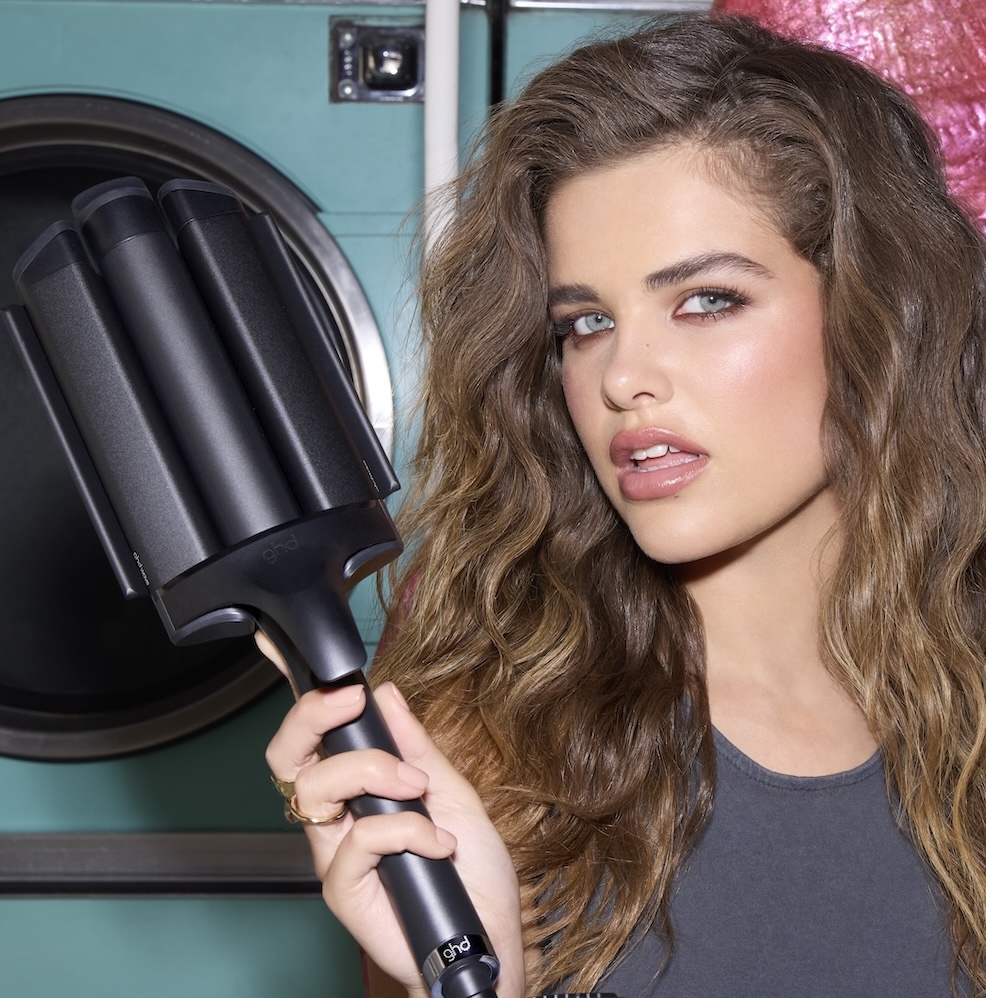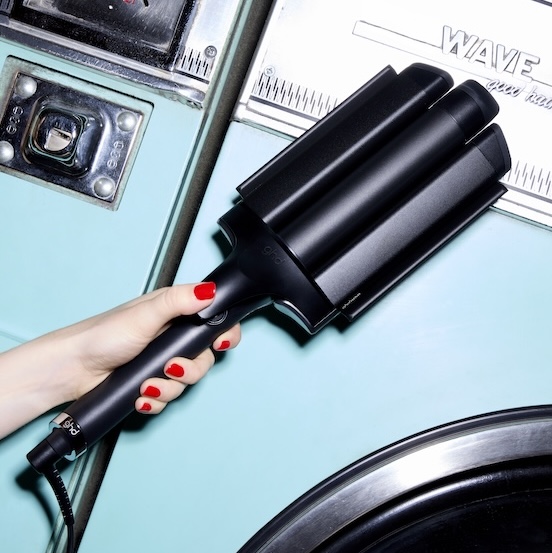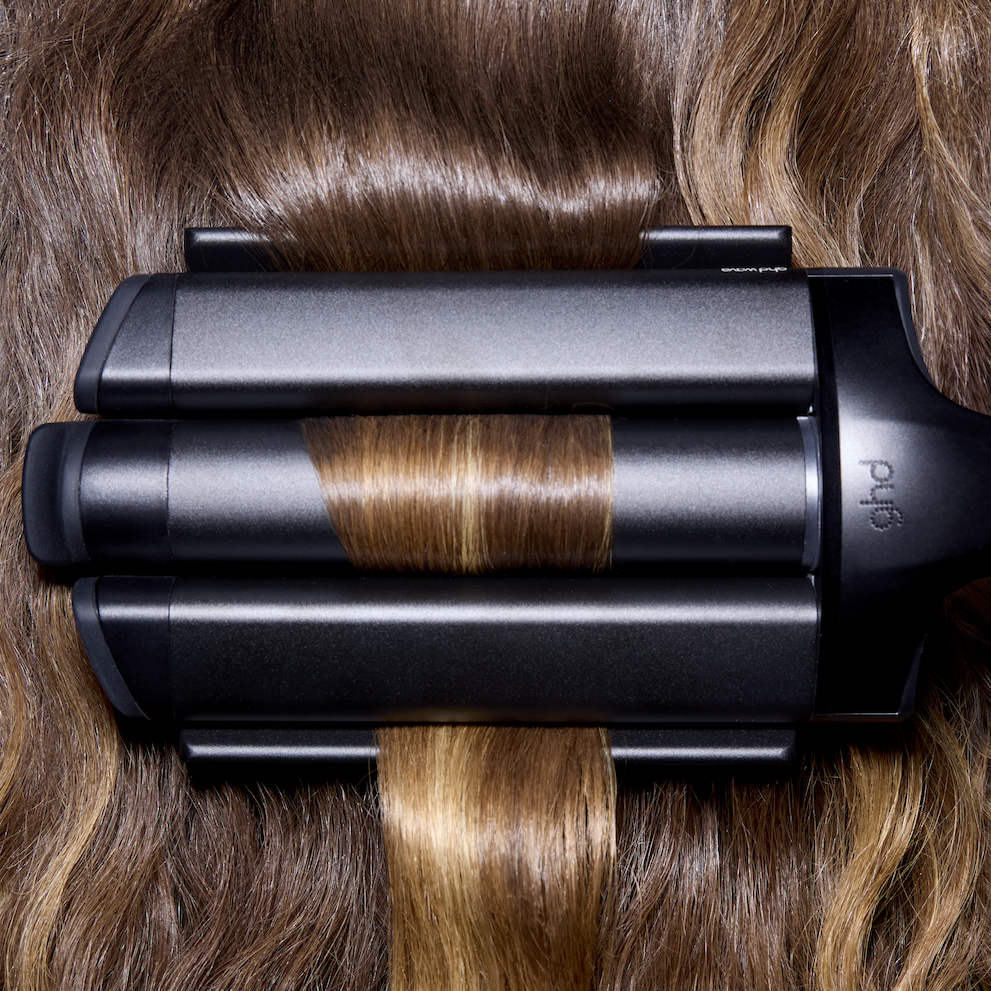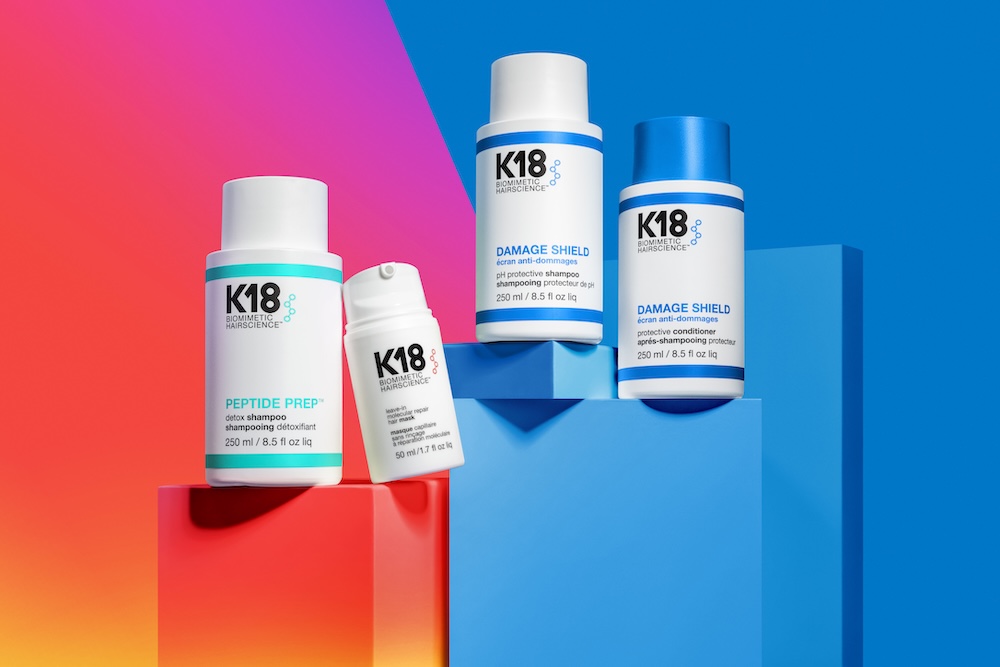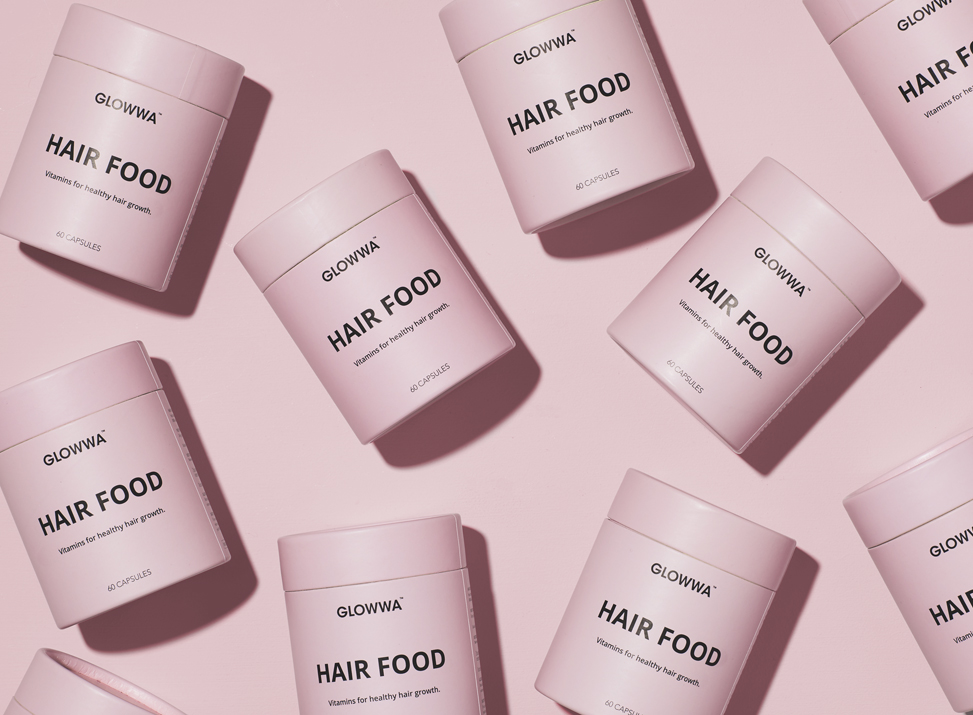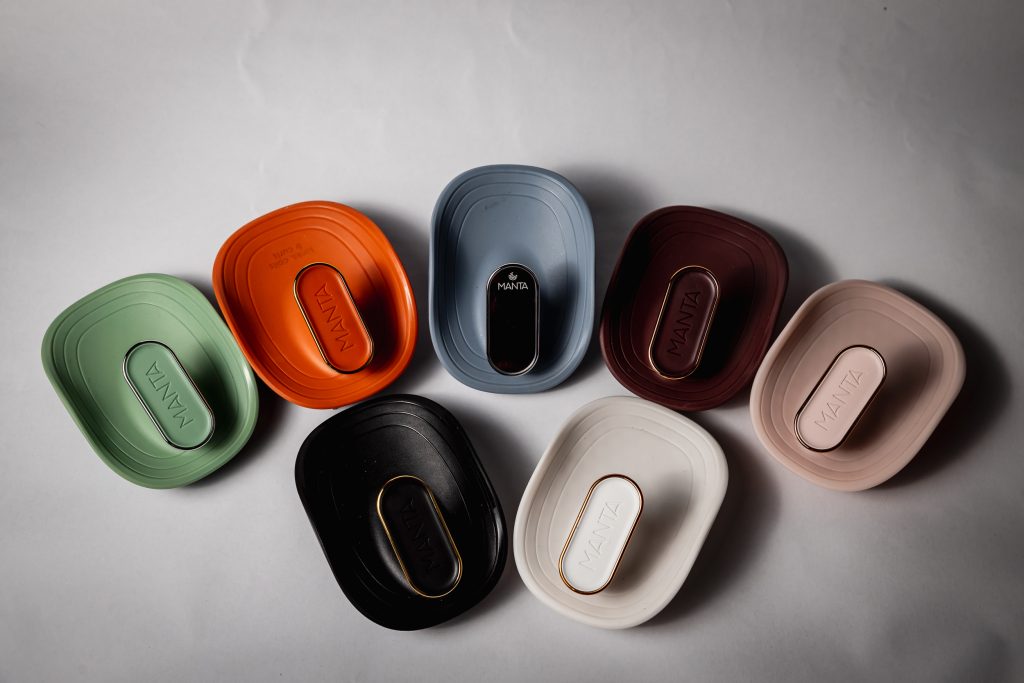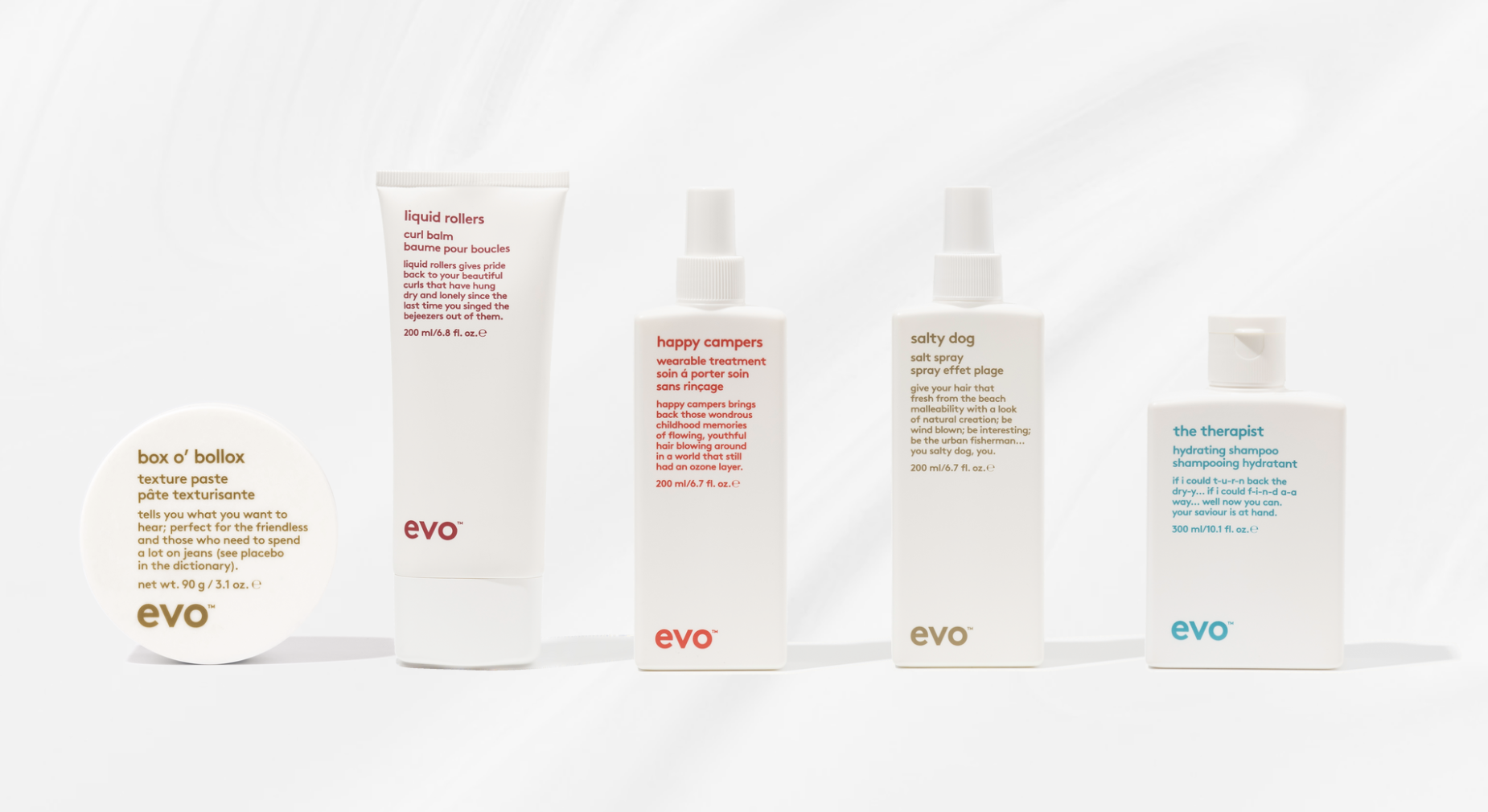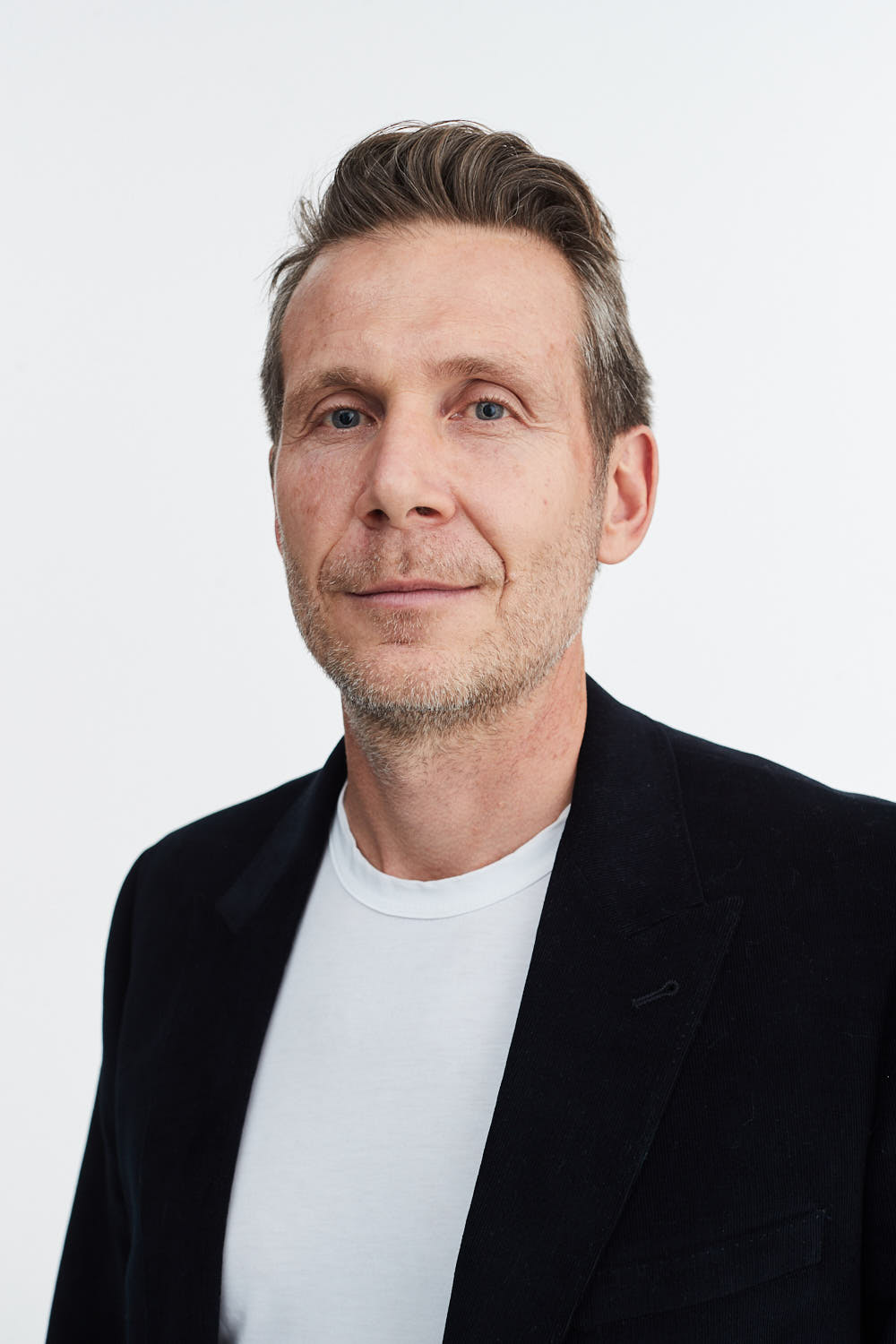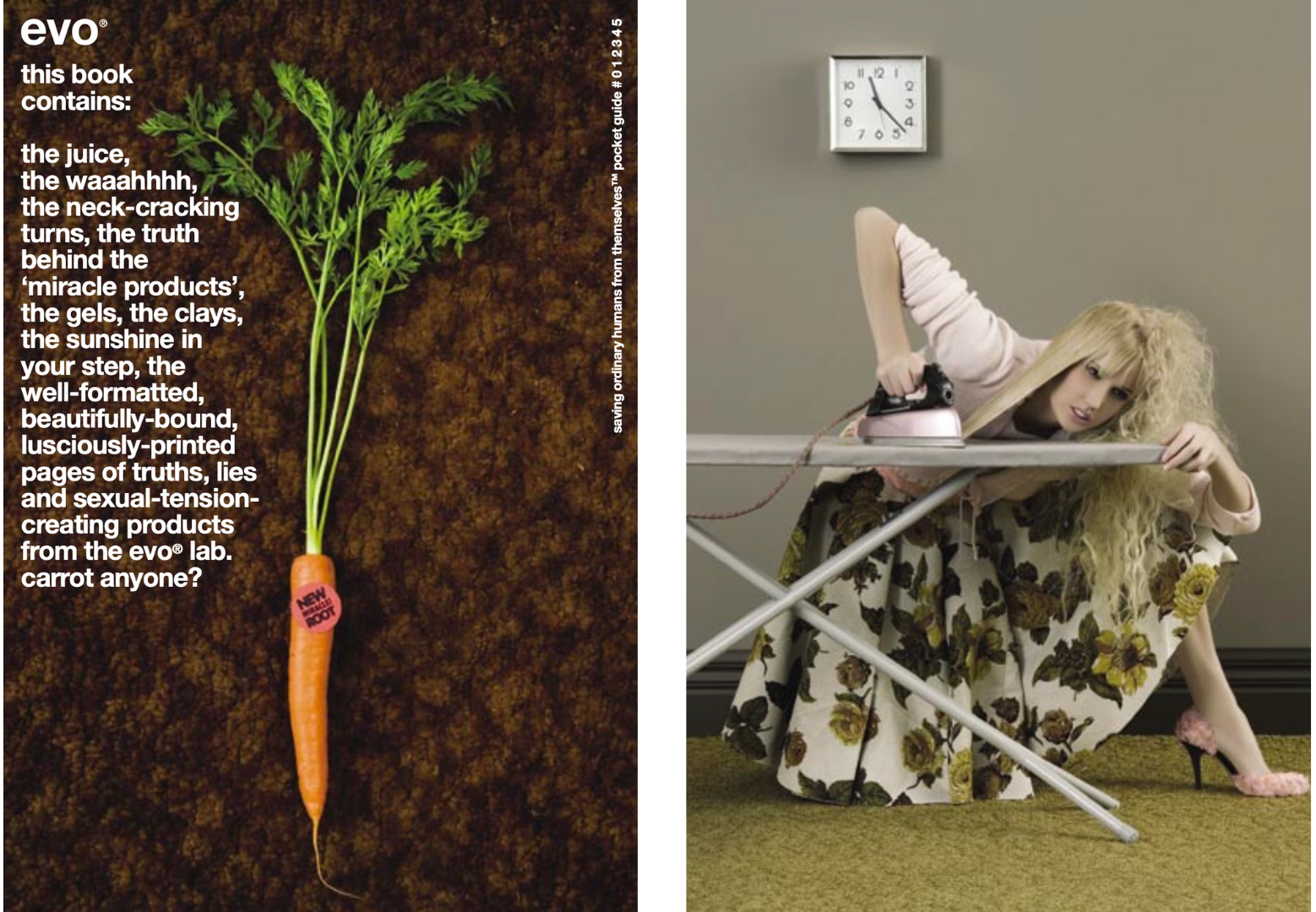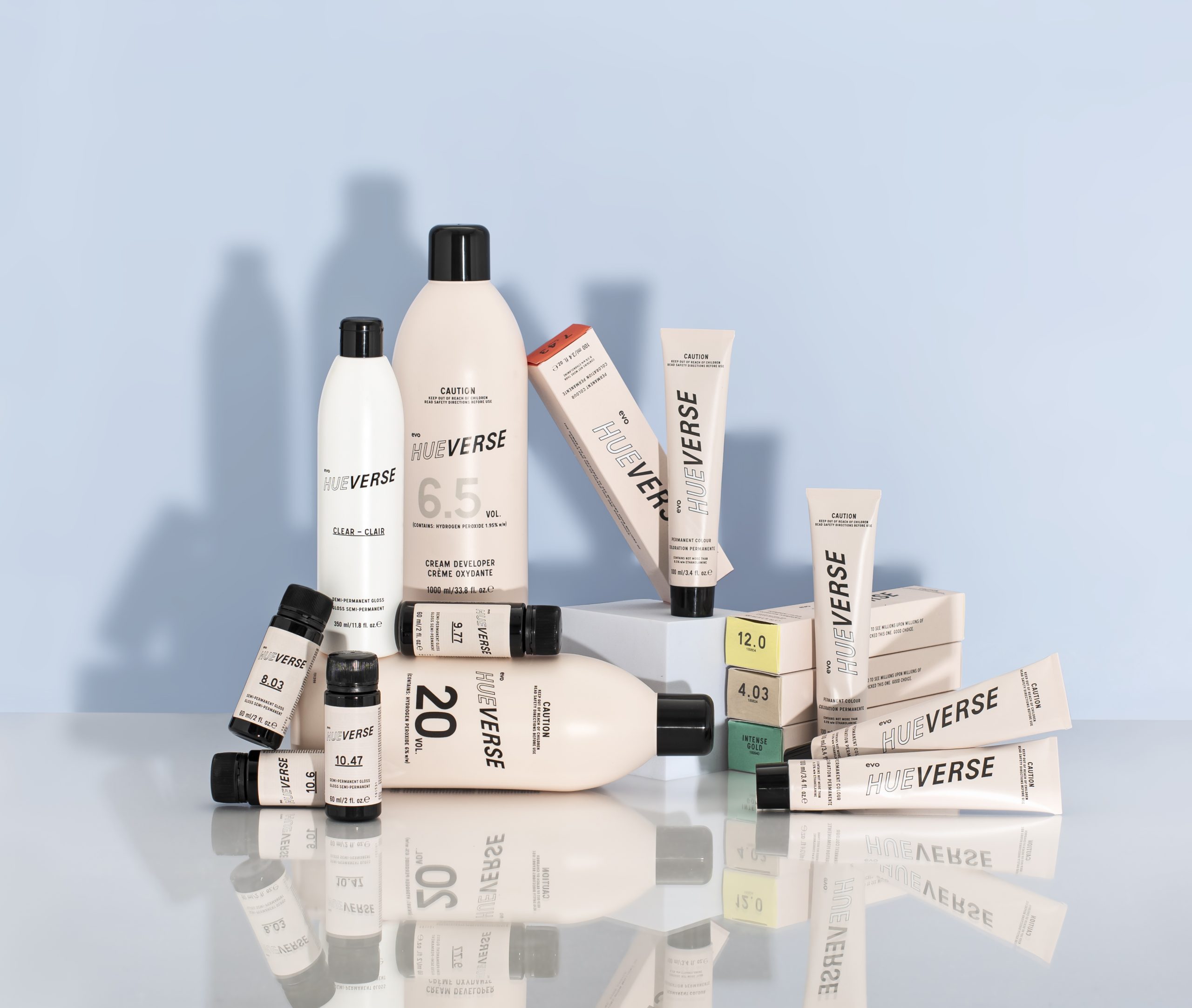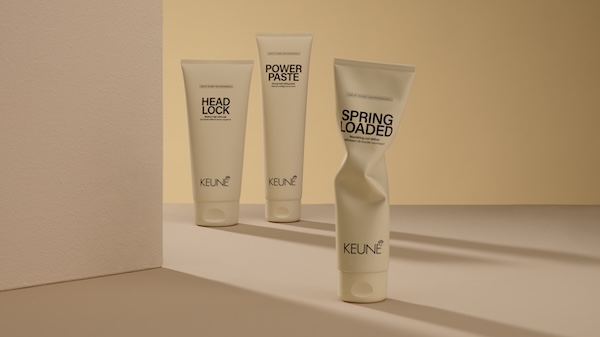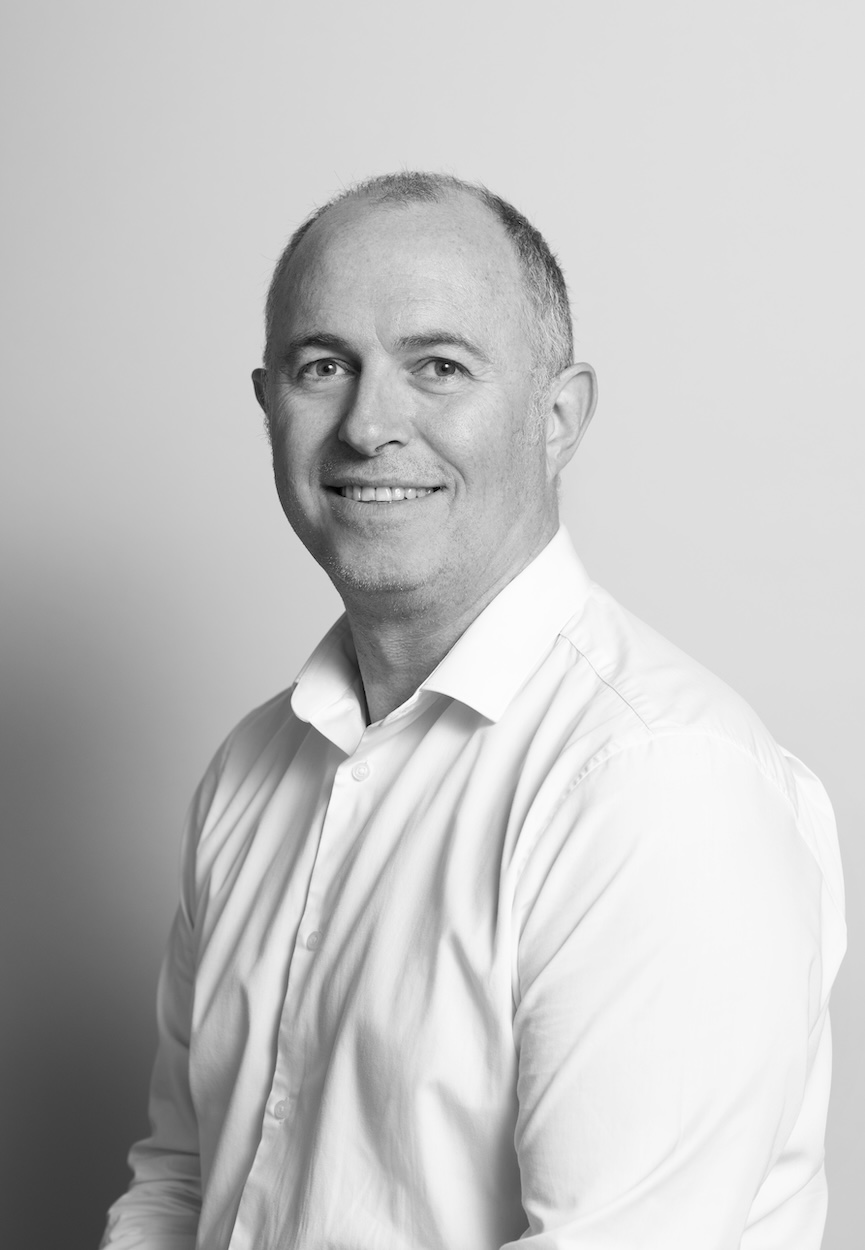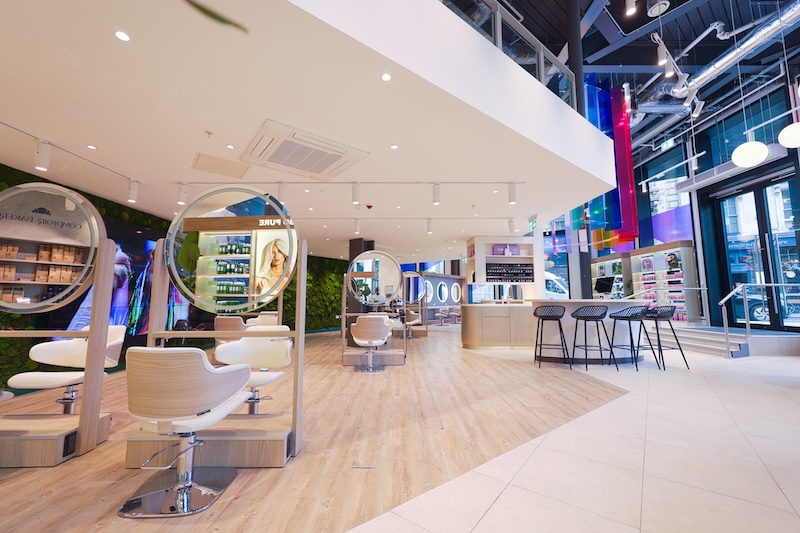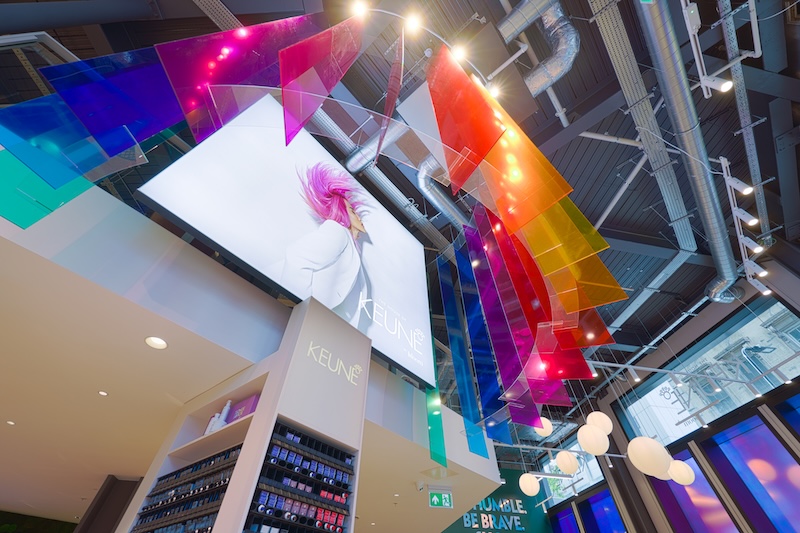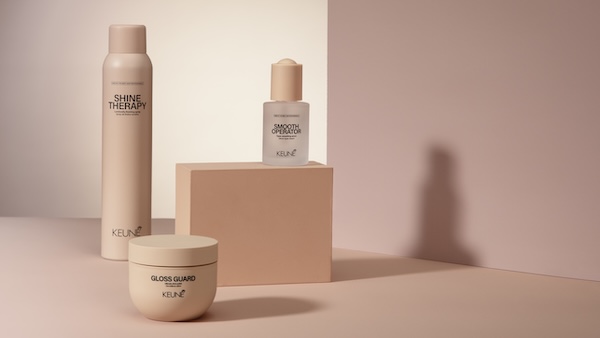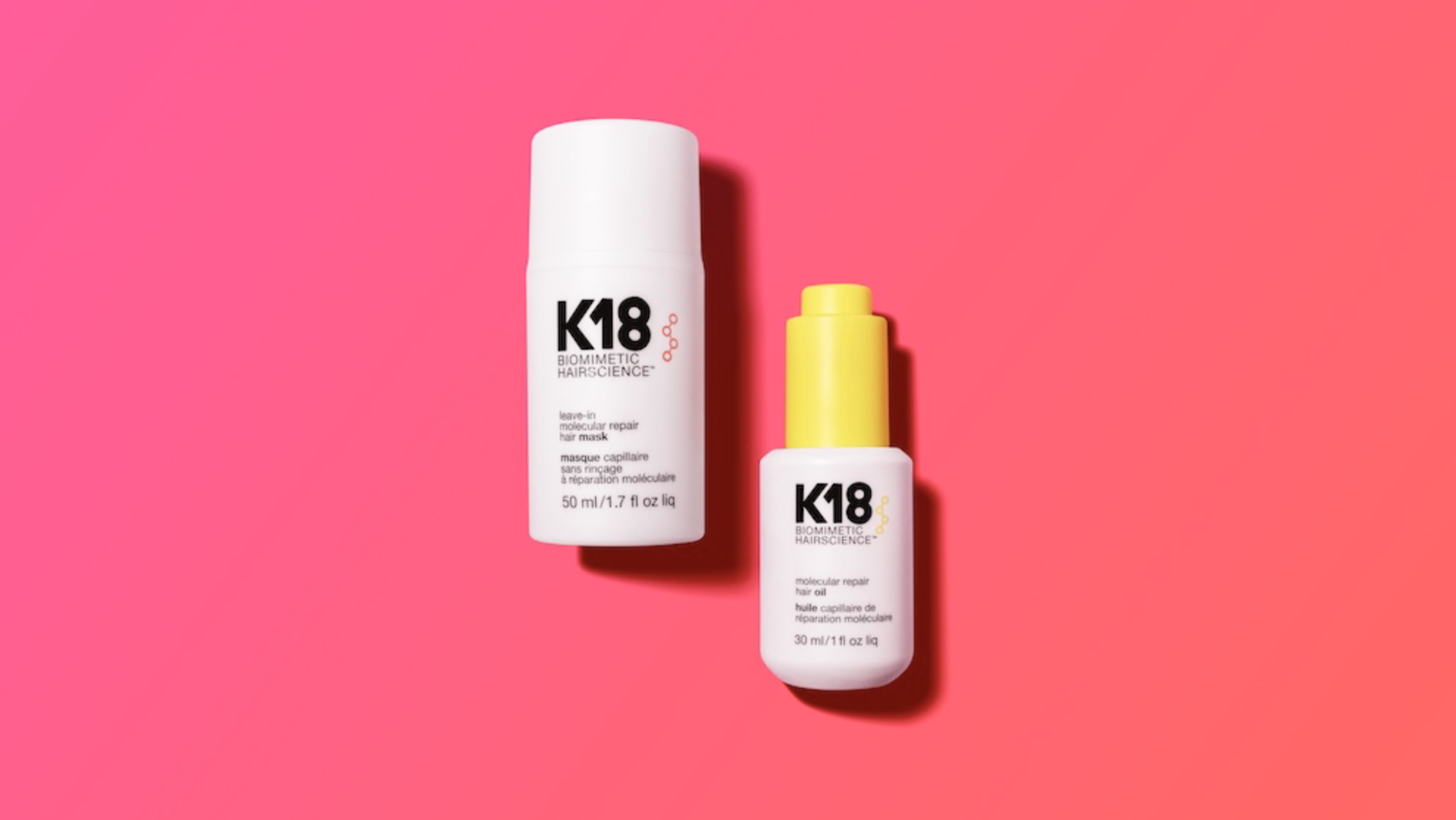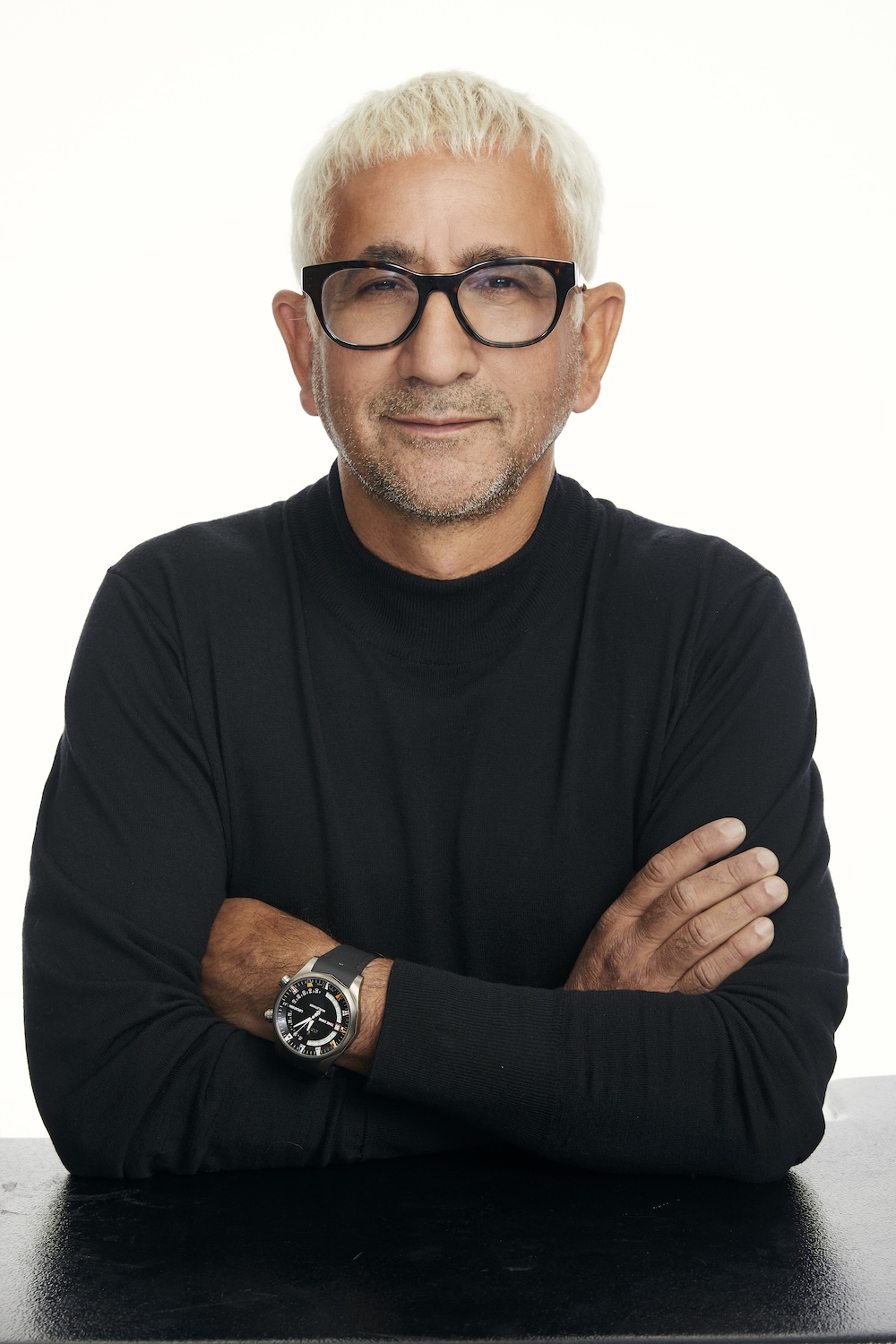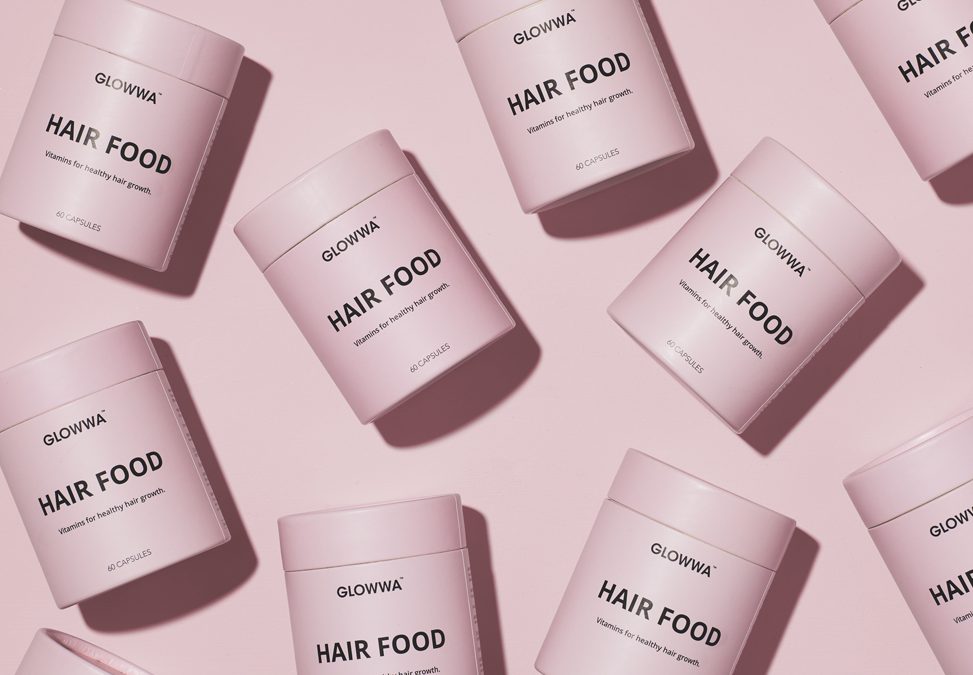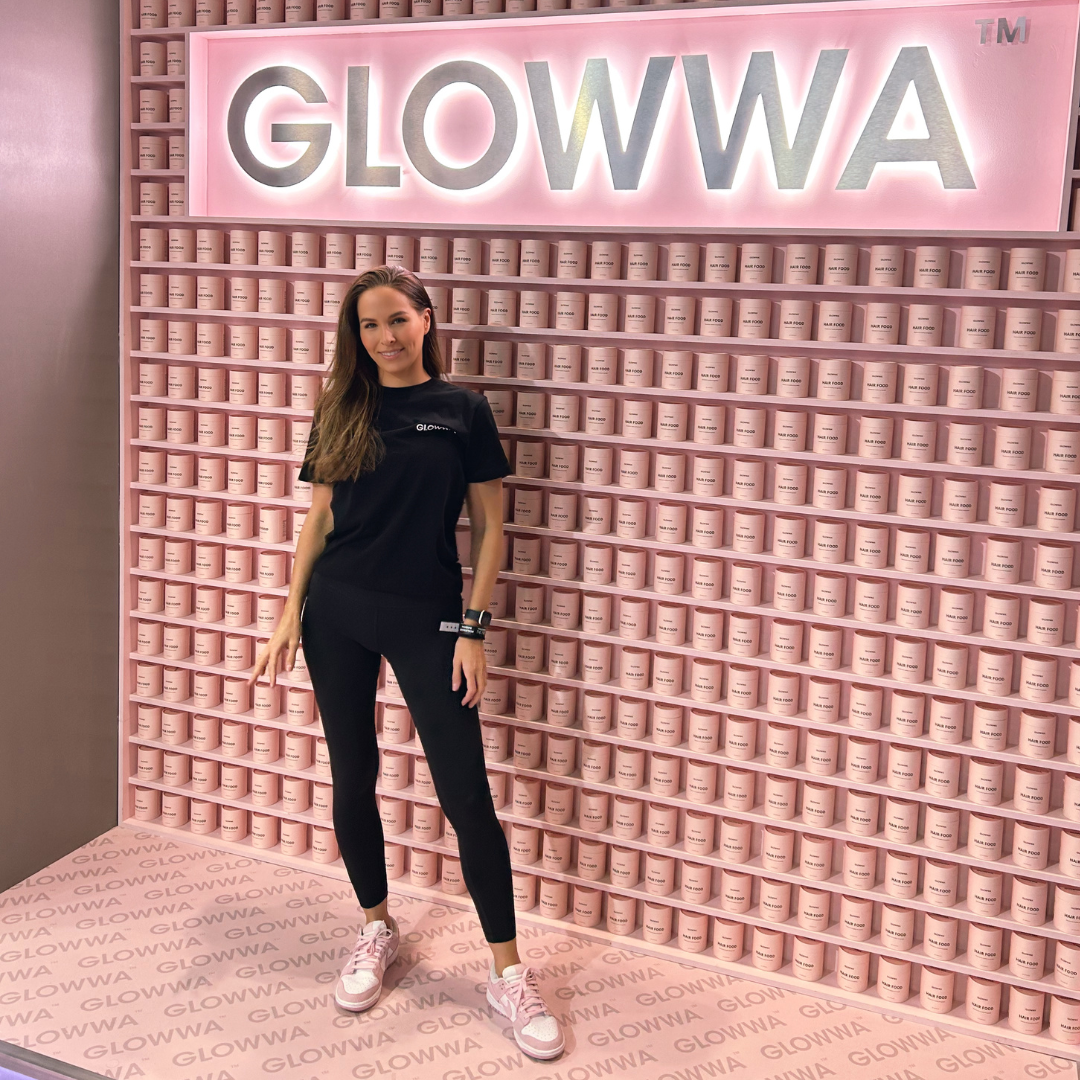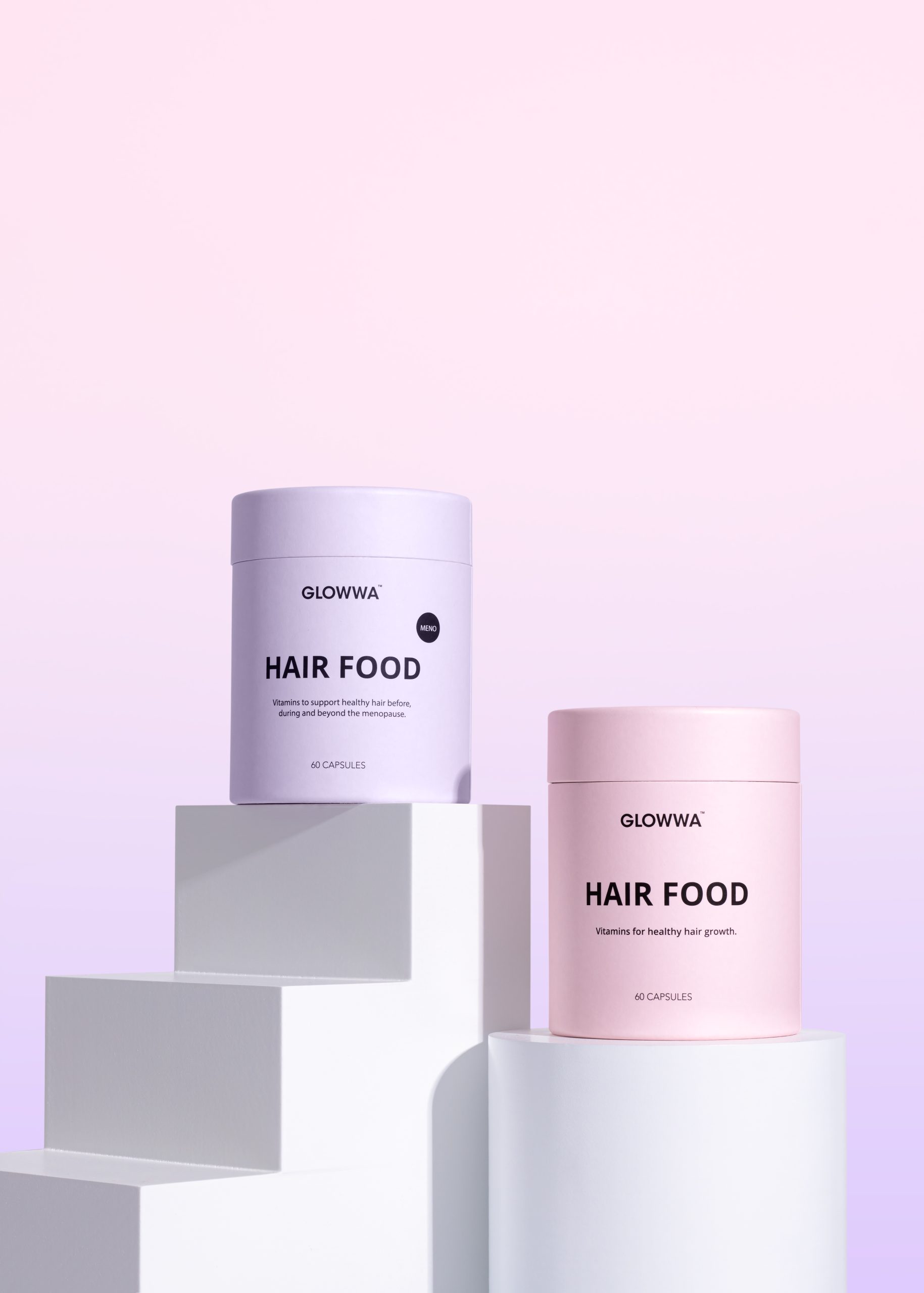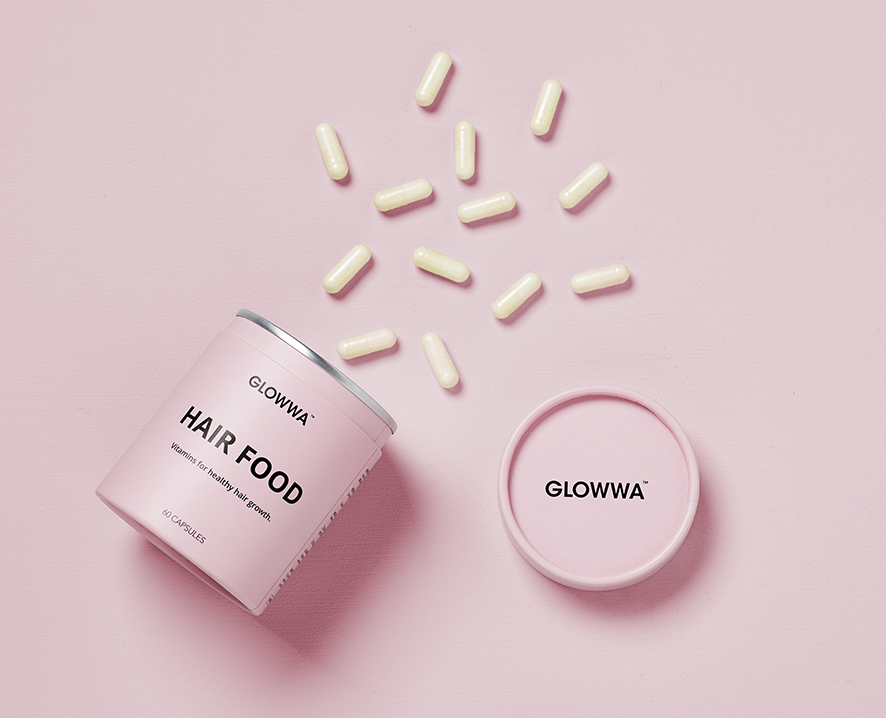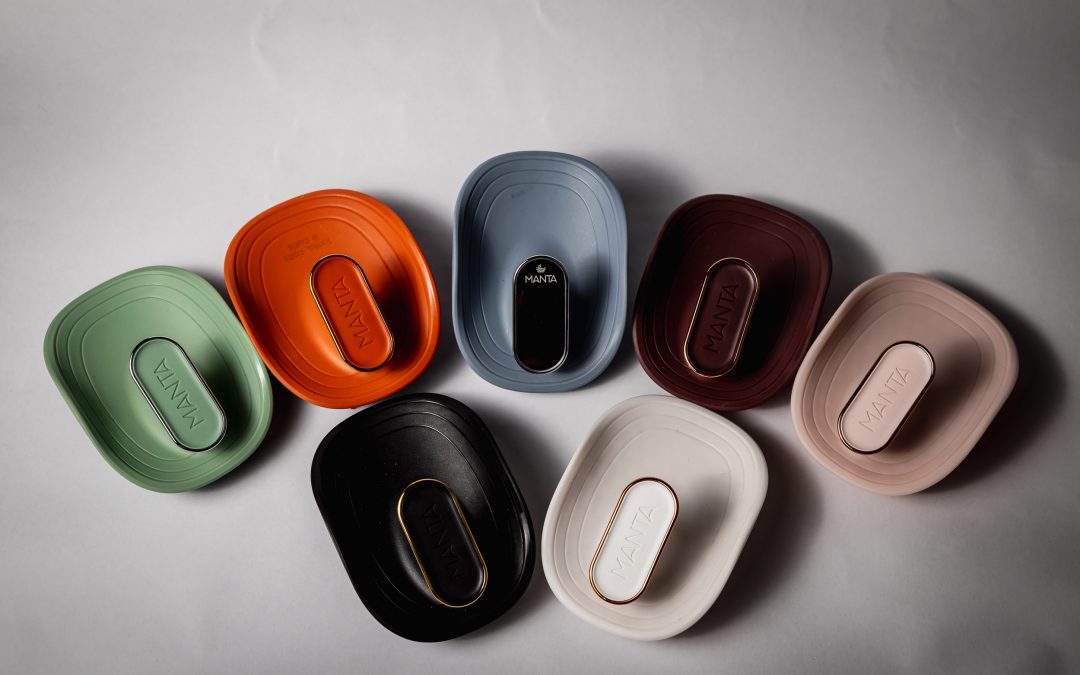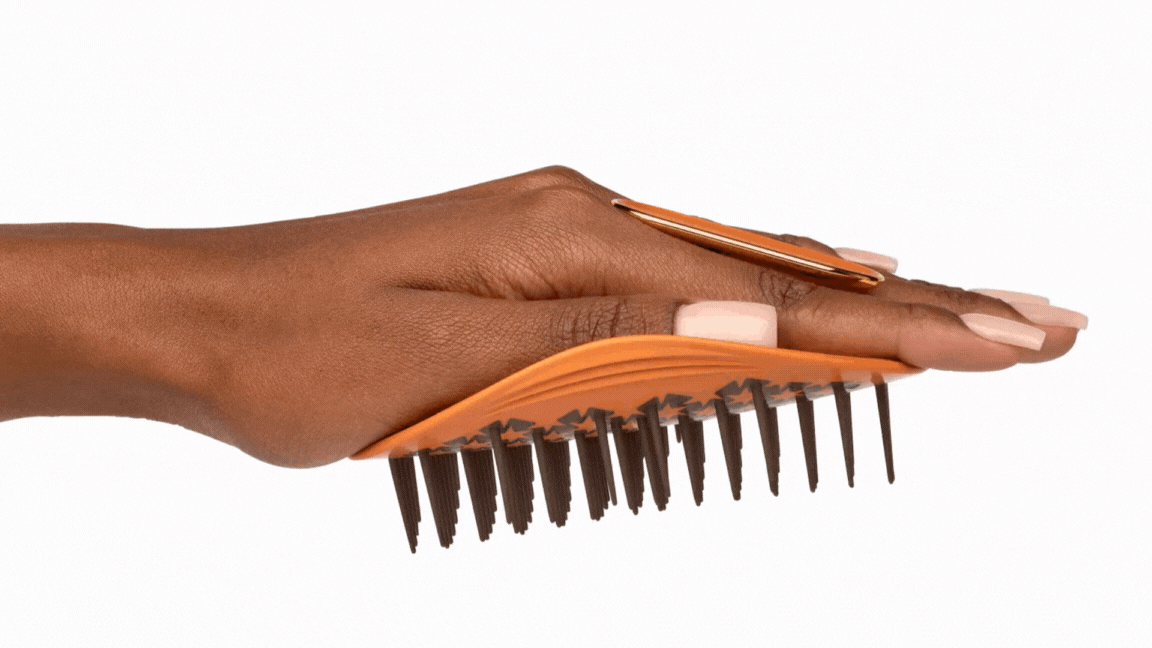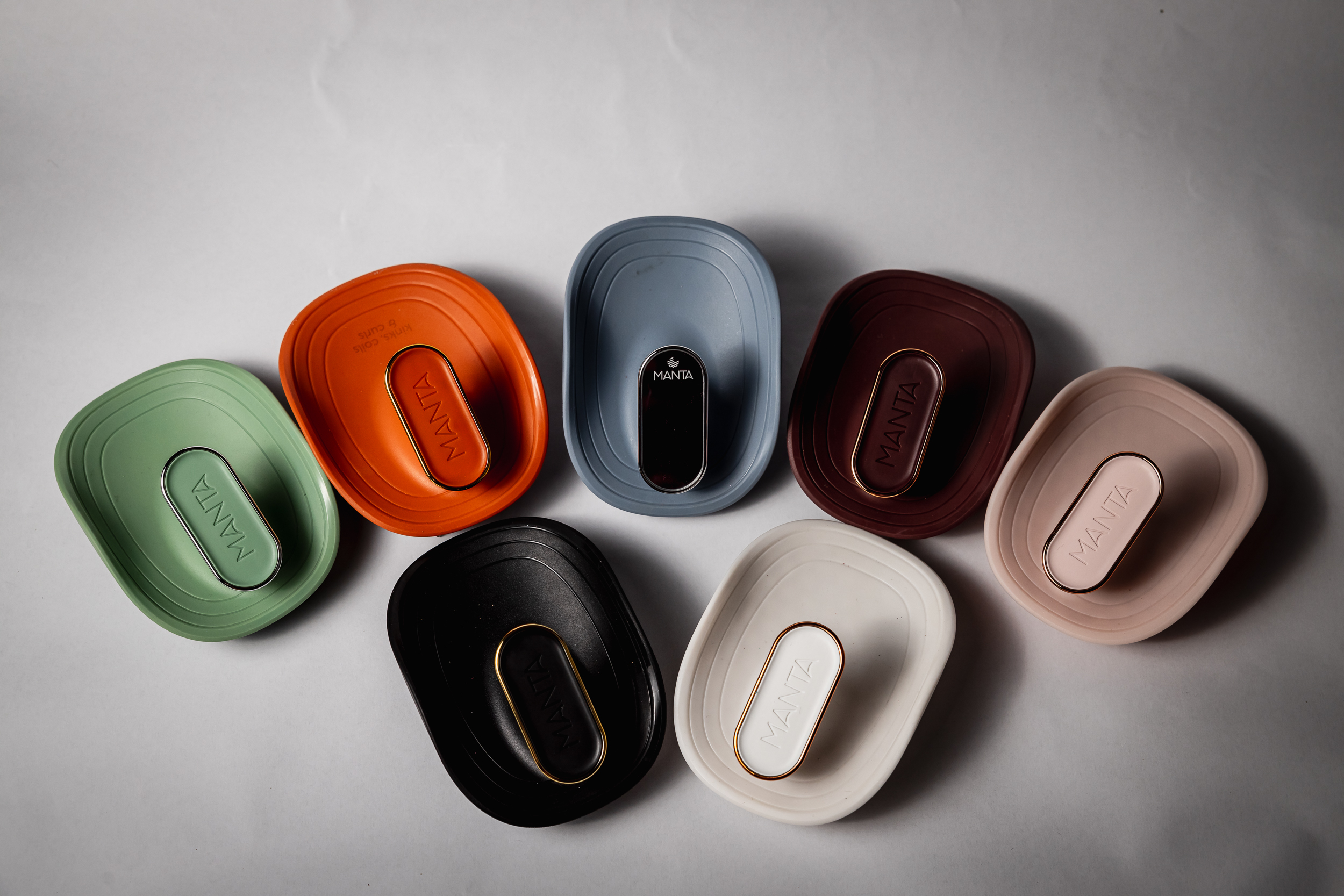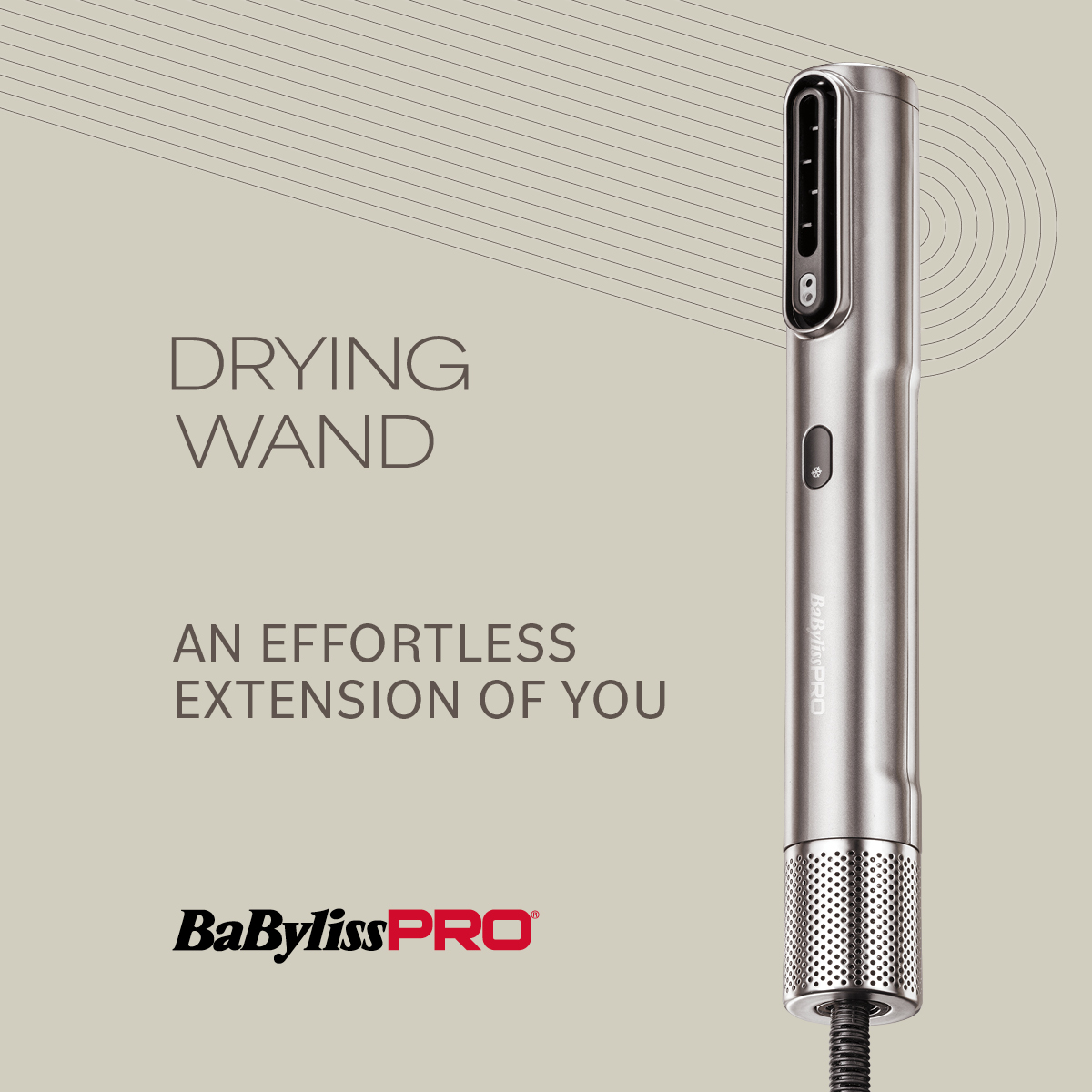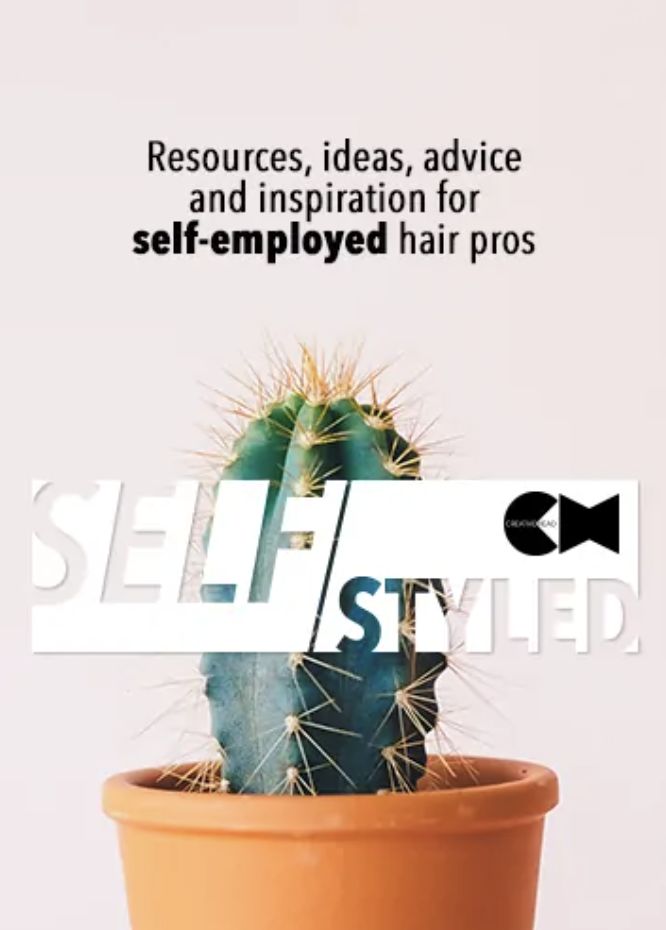
Man On A Mission
Man On A Mission
Dan Rathbone is an expert in shopping – he knows what sells and how to sell it. That’s why, as head of salon sales at ghd, he’s spearheading new initiatives to help get hairdressers passionate about retail too. And guess what, it’s working…
by C | CONVERSATIONS
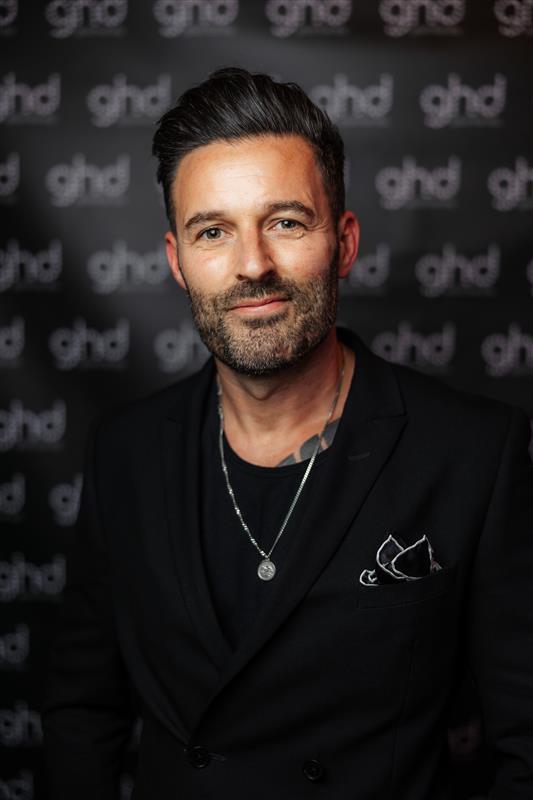
Dan Rathbone, head of salon sales, ghd
In February this year, ghd announced their move into Boots, the latest development in an omni-channel retail strategy that means the brand can now be found pretty much everywhere – online, in-store, in the hands of influencers, in inter-active displays and even on Amazon. It begs the question: where does the hair pro fit into it all?
“The retail landscape has changed a lot in the last few years,” says Rathbone. “Everything is available on the swipe of a smartphone and both manufacturers and hairdressers have got to embrace that. So many brands now are built purely on social media and e-commerce. If ghd is not in those spaces then we’re not going to grow to our full potential, the same as if a salon isn’t embracing the world of digital. As soon as you get up in the morning you’ve got brands communicating with you – there’s more information out there about what’s right for your hair. To me, the opportunity for hairdressers and salons actually feels bigger than ever now.”

At An Evening With, the scientists behind the brand’s latest innovation, Wave, talked guests through the new technology and how it had been developed to create perfect loose, beachy waves.
UK hairdressers have always had a strained relationship with retail. A survey by Phorest Salon Software back in 2023 revealed that despite 71 per cent of Brits wanting to buy products from salons, only 33 per cent did. For every hairdresser passionate about making sure their client doesn’t leave the premises without buying the best products for their hair, you’ll find another happy to send them to a website or elsewhere. And that’s okay, says Rathbone. He understands how hard retail can be, but when you get it right and find a way that works for you, it becomes what he describes as a ‘copy and paste’ job – something that can be easily incorporated into everyday routines.
“I try and relate things to my own shopping habits,” he says. “I’m always going to jump online and do my research first, especially if it’s a considered purchase like a pair of ghds, which can cost up to £399. But I’m also a sucker for immersive experiences – Apple do that really well. You can buy iPhones anywhere, but when you go to the Apple Store you get an expert who’s going to help you find the best model for you, show you how to use it, etc. Plus, if you’ve got an old handset, you can trade it in – something we’ve also started encouraging at ghd. Hair pros need to embrace these approaches, to give them that point of difference. And these are things that happen easily and really well when you’re in person.”
“Hair pros can take a lead from the cosmetics brand MAC. They offer vouchers where you get your make-up applied for you in-store, then the cost of the voucher is deducted from the products you buy. You could do that with ghds – style someone’s hair for a Saturday night, show them how to use the tool, then deduct the cost of the service from the purchase of the ghds. Online retailers would kill for that opportunity!” Dan Rathbone, head of salon sales, ghd
Under Rathbone’s direction, ghd have launched a series of initiatives to inspire and support hair pros on their retail journey. As well as hosting a series of An Evening With Ghd live events (held in lavish venues like Tattu restaurants up and down the country), there’s the new Pro Salon Network, which, along with some attractive benefits such as exclusive savings and trend-led education, provides members with access to a dedicated Business Development Manager. So, while many other brands are cutting back on people and doing everything online, ghd are increasing their face to face interactions with customers – and that doesn’t come cheap.
“We’ve got 35 people across the UK and Ireland solely dedicated to supporting salons,” says Rathbone. “And yes, it’s a big investment, but it’s really important to us. We do roadshows – some based on education, others on product launches – we’re sponsoring Creative HEAD’s It List awards for the 15th year in a row this year, we’ve got a mentoring programme to help hairdressers become really successful, and we’ll be launching our annual salon awards this year to celebrate the best ghd salons and hairdressers. So, there’s a lot going on, but it’s what sets us apart from our competitors.”
ghd Wave was the brand’s newest innovation showcased at An Evening With. It creates the perfect loose, beachy waves with zero frizz!
ghd is a remarkable global success story. Launched in 2001 and now co-owned by Coty and investment company KKR, it currently sells nearly six products every minute. Such is the love for the brand, some of those early adopters are still loyal customers, embracing all the new ghd innovations and retail strategies.
“One of the things I found really interesting at our Evening With Ghd,” says Rathbone, “was meeting customers who’ve been with the brand since those early years – hearing how they used to buy 50 ghd stylers from a rep out of a suitcase in the back of his car – and then seeing them share experiences and stories with the many new Pro Salon Network members. All these hairdressers have worked with ghd at different stages of their career and it really allowed us to have very direct, open and honest conversations on a lot of industry topics. And I think it re-energised everyone. They felt inspired by everything that ghd can do to support business, whether it be education, commercial, helping them with retail or inspiring their teams. It’s great that there are people who’ve been with us for 25 years who feel that way. We’re really proud of that, and it’s something we want to maintain.”

